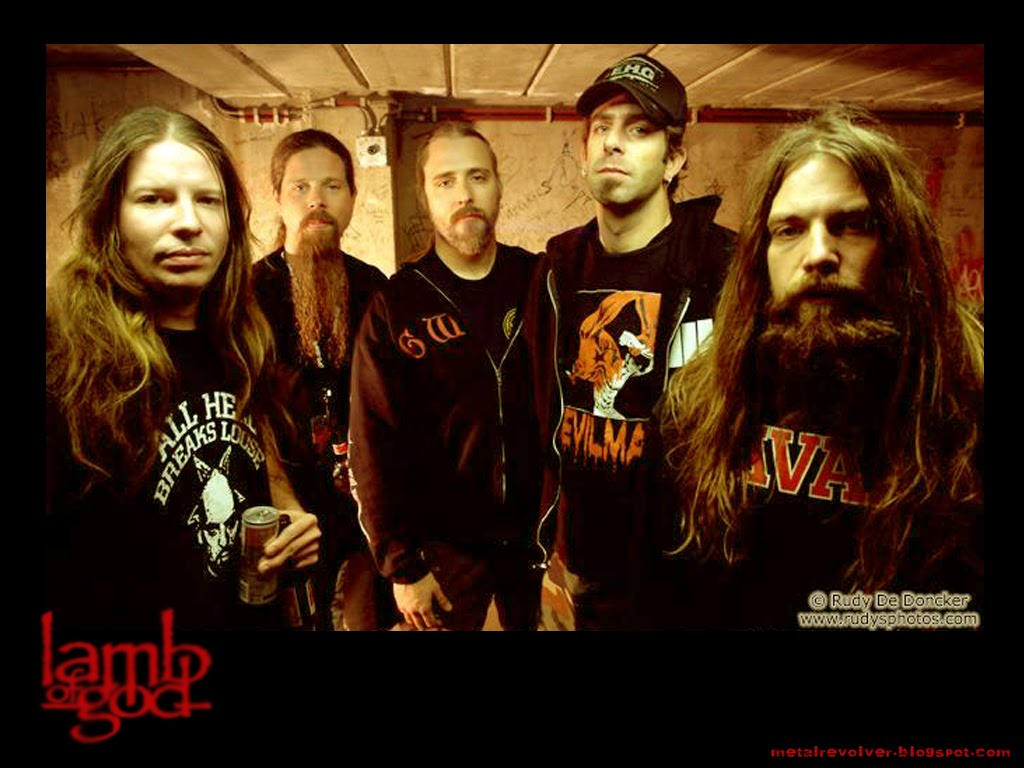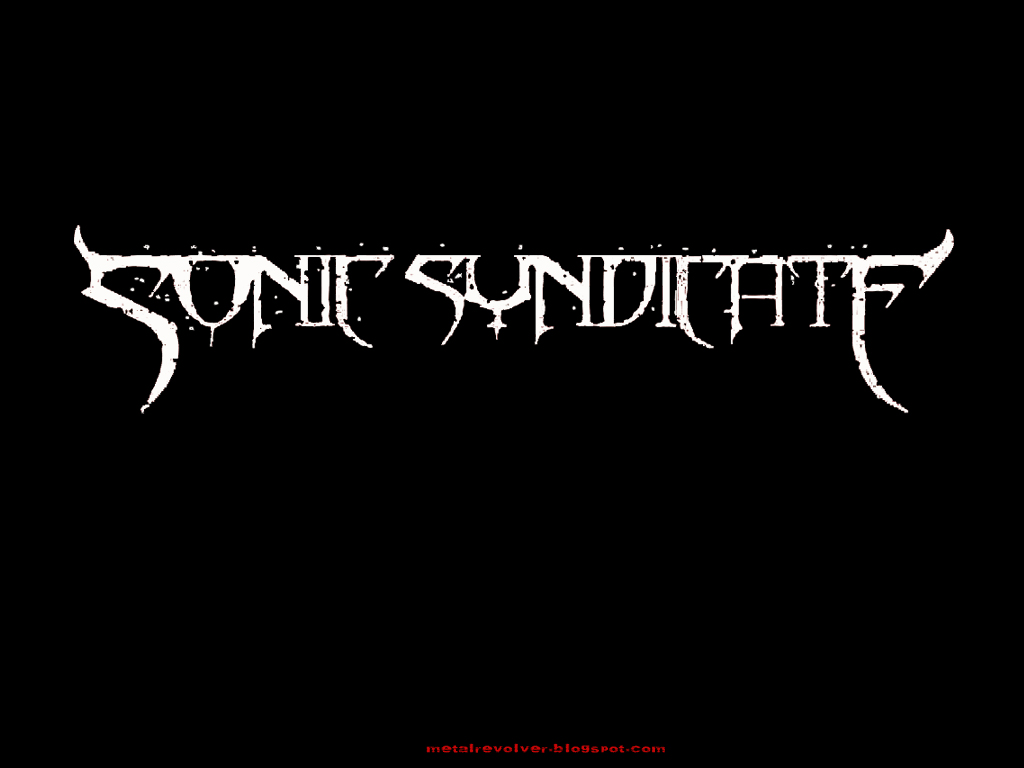

Overdrive : level set noon, tone set to noon, drive set to 0.My advice -for beginners- is to start with everything reset to noon : The shape and tone of IRs will mainly drive your new settings.

If you are new to IRs -or simply if you do not try to record your cab with distorted sound-, you can probably start by forgetting and resetting your amp settings (tone and gain) ). Latency under 10-12 ms is fine, over 15 or 20 ms it will cause issue as there will be an annoying delay between your playing and the perception of sound. Note: for practice or tracking, it is important to use a sound card with low latency. It is important to avoid clipping (overloading) the input or the output in order to get good results. Sometimes a bit more, sometime a bit less. In a general way, I try to set the level of the input signal in order to reach -9 DB (-9/-6 DB in peak), and the same for the output signal (-9/-6 in peak). The output section lets you compensate for these changes directly within the plugin. Note : from one IR file to the other, volume can be very different. These two are importants and will let you adjust the volume directly within the plugin.

Front/back allow you to switch the position of the mic to the back or the front of the cab. You can change the position by dragging the mic graphically or alternatively use the Distance and Centers buttons. In the center section, you can select the cabs and mics.Here is a quick and simplified introduction to the WOS UI:
#Guitar world lamb of god signal path software
If you do not know yet the user interface of the Wall Of Sound plugin, you can consult the documentation -which is clear and nice- and get an evaluation version of the software : check this link to learn more about WOS. In the real world, the sound is obtained by using a guitar cab : We will introduce an IR loader in the signal path in order to apply our IR to our guitar signal : to get an overview of the different possibilities (software and hardware), you can refer to the first post of this blog serie. So we will use this path as a starting point for the first IR setup. Of course, this it not the only setup used to produce distorted sound, but it is one of the most typical and popular ones. Other elements in the path impact the signal either by shaping it, adding some specific color to to the sound (overdrive pedal, power amp section, speaker) or by boosting the gain level (overdrive pedal).

In this setup and using modern amps, most of the distortion is generated by the preamp section of the guitar amp.
#Guitar world lamb of god signal path plus
Then the guitar amp (usually a preamp section plus a power amp section).The loader will transform the signal by applying the selected IR(s).įor distorted guitar sounds, when using an actual guitar amp, the classical path will be : It is the path that your guitar pickup signal will follow in order to be sent to the impulse response loader. In this second post, we discuss the signal chain for using CAB impulse responses, as well as an introduction to software IR loaders.


 0 kommentar(er)
0 kommentar(er)
